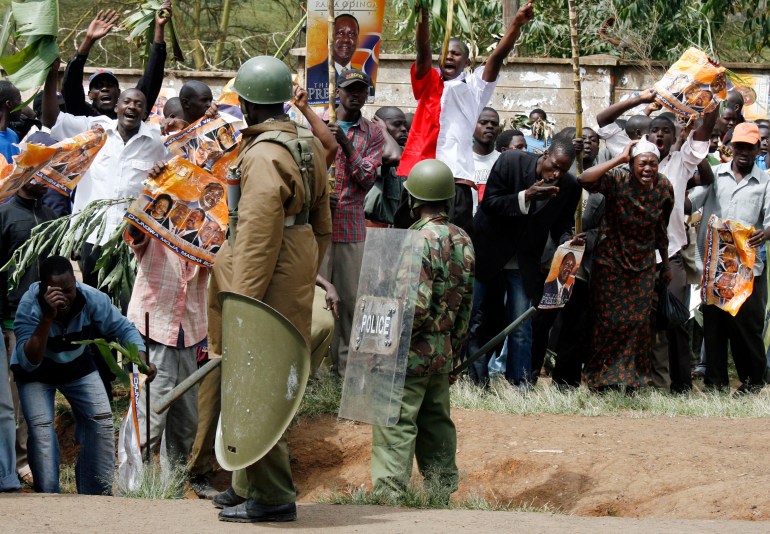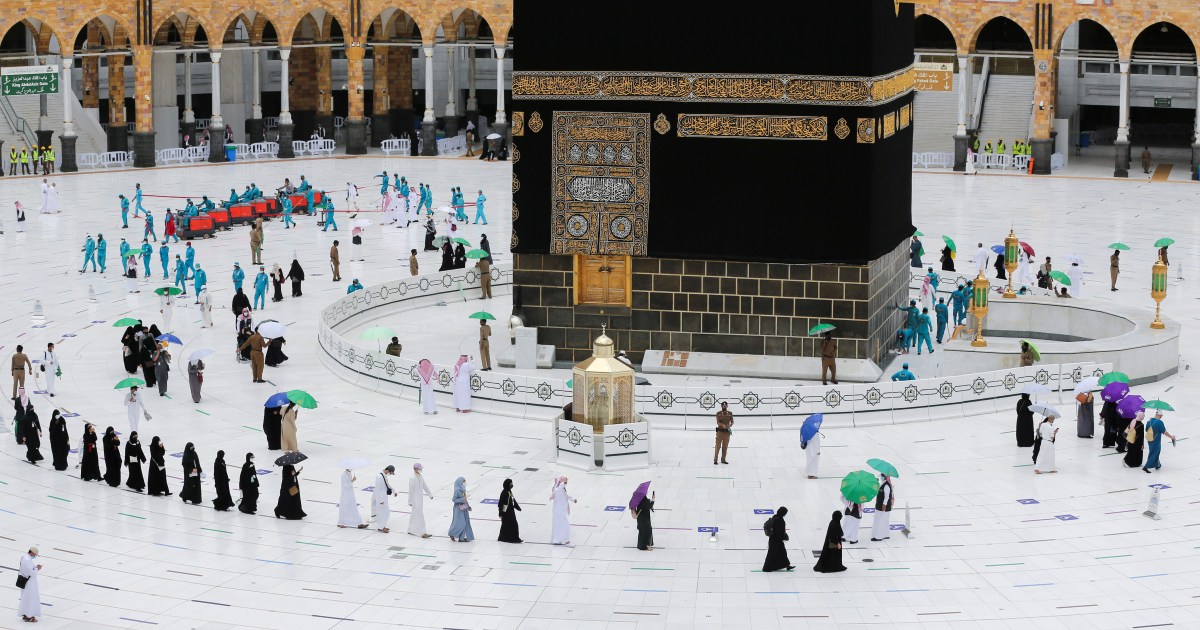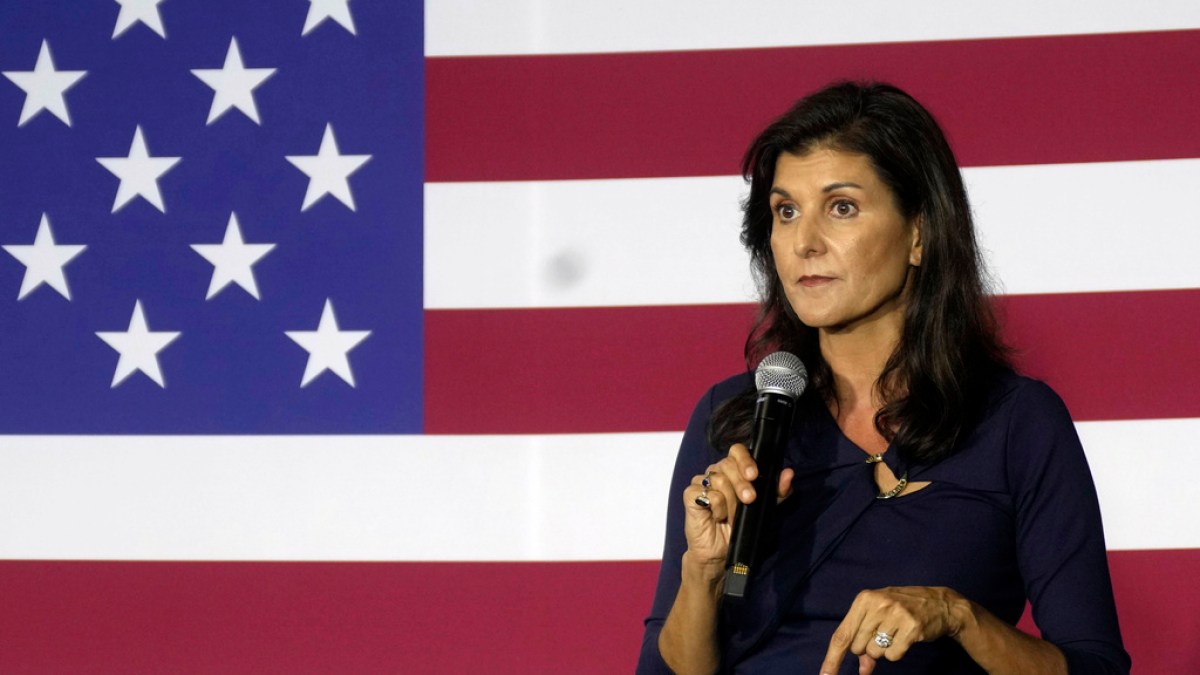Former Kenyan President Mwai Kibaki dies at 90 | News
Kibaki’s legacy was marred when irregularities during a re-election bid ended in deadly violence.
Former Kenyan president Mwai Kibaki, who led the country from 2002 to 2013, has died at 90.
As leader, Kibaki, one of the country’s richest men, ushered in economic reforms and a new constitution but failed to deliver on promises to combat corruption. His tenure was marred by the disputed 2007 polls that led to deadly violence.
In 2002, the British-educated economist won a landslide election, upsetting a candidate handpicked by outgoing president Daniel arap Moi. Kibaki had previously served as Moi’s vice president.
Kibaki’s fiscal prudence and infrastructure projects breathed life back into Kenya’s sluggish economy, and he is also credited with ending many restrictions on freedom of expression.

However, a rift with the popular Raila Odinga, a fellow leader in the NARC coalition, led to a bitter showdown that turned violent during the next election in 2007.
With Odinga ahead by several hundred thousand votes, the electoral commission abruptly stopped announcing the results and ejected journalists. Hours later, the commission announced Kibaki had won by a narrow margin and he was hurriedly sworn in.
Election observers said the polls were flawed and Odinga called for protests.
Amid a crackdown by security forces, ethnic violence flared in Nairobi’s slums, the Rift Valley highlands and the lakeside city of Kisumu. In one incident, several people were burned alive in a church.
At least 1,250 people were killed before former United Nations chief Kofi Annan brokered a peace deal that saw the formation of a grand coalition government, with Odinga as prime minister.

The coalition lasted five years and a new constitution was enacted in 2010 that devolved some powers from the presidency to the counties.
The son of a tobacco trader, Kibaki attended Kampala’s Makerere University before becoming the first African to earn a first-class degree from the London School of Economics.
He returned to Makerere as an economics lecturer in 1958. Following Kenya’s independence, he was selected to parliament and became an aide to founding President Jomo Kenyatta. Two years later, he was appointed commerce and industry minister.
Kibaki later served as Moi’s vice president, but a spat saw him moved to several less prominent posts before he switched to the opposition and won the election.
He is survived by several children and grandchildren.




